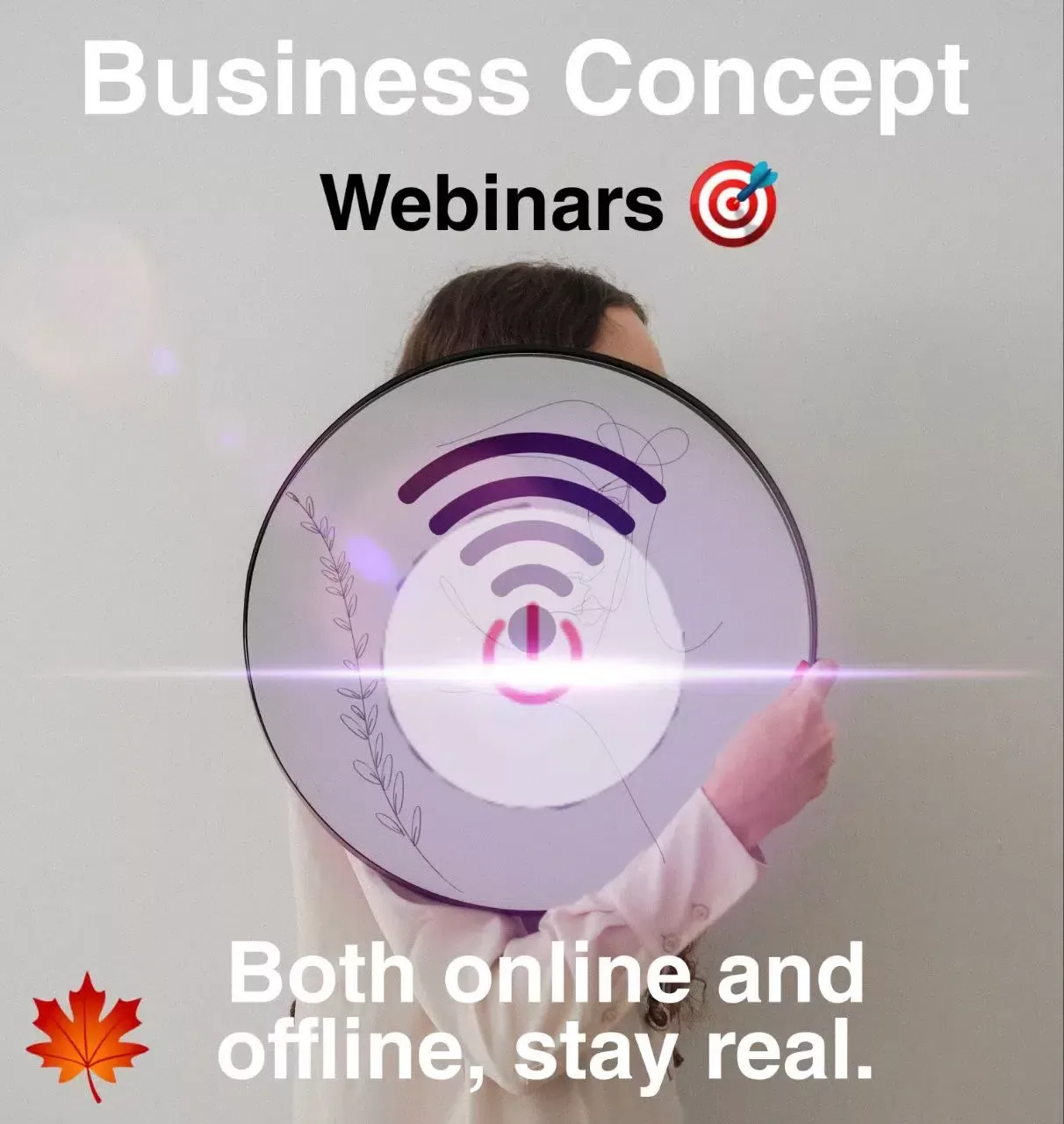The Best Digital Marketing Business

What We DO Here,
Frameworks
1- We offer Online Marketing Business Frameworks.
Business models
2- We offer Patented worldwide Business Models with high-commission unique products, at the service of the public benefits.
Compare & Join
3- We ask you to compare and join us, if it fits you too.
You can use self-assessment, and you can find out more about our opportunity.
How it works
You will sign up for a free webinar to review the intro, by watching a 90 minutes video. Then you will be invited to a private Facebook group to get familiar with members, find out your answers to any questions you may have, and get ready to decide if you would like to apply for the next step. Webinars would be live every Tuesday and Thursday.
You will pay a one-time $149 for-a 30 days trial. During this period of time, the business model will be introduced to you, and you have 30 days to review the business values to ensure it fits you.
Depending on your decision you either will be led to have an interview with the coach for starting up your own online business immediately, or you will be refunded the $149 you paid.
The Blueprint for a Successful Online Business in 2025
In today’s rapidly evolving digital landscape, the concept of online business has transcended traditional boundaries, offering limitless opportunities for innovation and growth. As we delve into 2025, understanding the intricacies of establishing a robust online business is paramount. This comprehensive guide explores key elements essential for creating a successful online enterprise, from multi-level marketing financial services to the significance of willpower and mindset.
Crafting Your Dream Business
The journey to creating a dream business begins with a clear vision and a well-defined business plan. Whether you’re venturing into multi-level marketing (MLM) financial services or exploring innovative online business ideas without investment, it’s crucial to identify your niche and target audience.
The Role of Willpower and Mindset
Success in online business requires more than just a solid plan; it demands resilience and a growth mindset. Roy Baumeister’s research on willpower underscores the importance of self-control in achieving long-term goals. His work, including the widely-read “Willpower: Rediscovering the Greatest Human Strength,” offers valuable insights into managing and harnessing willpower to overcome challenges. Embracing a growth mindset, as advocated by Carol Dweck, is equally vital. This mindset fosters continuous learning and adaptability, which are crucial in navigating the dynamic online business environment.
Marketing Strategies: Attraction and Social Media
Effective marketing is the backbone of any successful online business. Attraction marketing, which focuses on drawing customers by providing value and building relationships, is a powerful strategy. Companies offering attraction marketing training and systems can help entrepreneurs master this technique. Social media marketing also plays a pivotal role. Developing a robust social media marketing strategy, leveraging platforms like Facebook, and working with social media marketing agencies can significantly enhance your online presence and customer engagement.
The Importance of Setting the Right Goals
Goal setting is a fundamental aspect of business success. Understanding what are the right goals for your business, whether short-term or long-term, provides direction and motivation. Setting SMART (Specific, Measurable, Achievable, Relevant, Time-bound) goals can help in tracking progress and maintaining focus. For instance, identifying the top financial MLM companies or exploring 9-to-5 jobs examples can provide a practical framework for setting realistic business objectives.
Embracing Change Management
In the fast-paced digital world, change is inevitable. Effective change management strategies are essential for adapting to new technologies and market trends. Understanding the principles of change management, as well as being open to lifestyle changes and innovations, can position your business for sustained growth. Companies that successfully navigate change often demonstrate strong leadership and a willingness to embrace new opportunities.
Exploring Online Business Ideas
The digital era offers a plethora of online business ideas, from e-commerce to virtual worlds.. Digital platforms, such as virtual world entertainment and online business concepts, are continuously evolving, providing new avenues for entrepreneurs. For example, businesses in virtual world language learning or virtual world (novel) can cater to niche markets with specific interests.
Financial Stability and Passive Income
Achieving financial stability is a primary goal for any business. Understanding financial stability ratios and leveraging the insights of the Financial Stability Oversight Board can help in maintaining a healthy financial status. Additionally, exploring passive income ideas, whether in the UK, Philippines, or Australia, can provide supplementary revenue streams. Passive income ideas for beginners or young adults can be particularly beneficial in establishing a solid financial foundation.
Customer Retention and Appreciation
Retaining customers is as important as acquiring new ones. Effective customer retention strategies, such as personalized greeting cards with photos or customer appreciation gifts, can enhance customer loyalty. Celebrating Customer Appreciation Day 2025 with unique ideas can also strengthen customer relationships. Implementing customer retention management tools and understanding customer retention analysis are crucial for long-term success.
Navigating Digital Platforms and Marketing Techniques
Digital platforms play a significant role in modern business operations. Understanding digital platform infrastructure and exploring digital platform examples can enhance business efficiency. Additionally, mastering advertising techniques in marketing and online marketing business strategies can drive business growth. Whether it’s developing an online marketing business plan or seeking inspiration from digital marketing businesses, staying updated with the latest trends is essential.
Building a successful online business in 2025 requires a blend of strategic planning, effective marketing, resilience, and a willingness to embrace change. By leveraging insights from experts like Roy Baumeister and Carol Dweck, setting the right goals, and exploring innovative online business ideas, entrepreneurs can navigate the digital landscape with confidence. As the online business world continues to evolve, staying adaptable and customer-focused will be key to achieving sustained success.
Table of Contents
Marketing businesses play a pivotal role in the success of brands across industries. These firms leverage their expertise in digital marketing, market research, advertising, and creative strategies to help companies reach and engage their target audiences effectively. By developing comprehensive marketing plans, optimizing online presence, and harnessing data analytics, marketing businesses empower their clients to stay competitive in a constantly evolving marketplace. From startups seeking brand recognition to established enterprises aiming to expand their market share, the services and insights offered by marketing businesses are essential in today’s highly competitive business landscape.
Digital Marketing is a broad term that encompasses all marketing efforts that use electronic devices and the Internet to promote products or services. It involves various online channels and platforms to connect with customers where they spend much of their time online. Digital marketing leverages technology and data to reach a target audience, engage with potential customers, and ultimately drive desired actions, such as purchasing or signing up for a newsletter. Key components of digital marketing include:
– Website Marketing: Creating and optimizing a website as a central hub for online marketing activities. This involves search engine optimization (SEO) to improve search engine rankings and user experience.
– Content Marketing: Creating and sharing valuable content (such as blog posts, articles, videos, and infographics) to attract and engage the target audience. Content marketing aims to establish expertise and build trust with potential customers.
– Social Media Marketing: Using social media platforms like Facebook, Instagram, Twitter, Pinterest, and LinkedIn to connect with the audience, promote products/services, and build brand awareness. It involves both organic (unpaid) and paid advertising.
– Email Marketing: Sending targeted email campaigns to a list of subscribers to nurture leads, promote products, or share valuable content. Email marketing can be highly personalized and is effective for maintaining customer relationships.
– Search Engine Marketing (SEM): Running paid advertising campaigns on search engines like Google and Bing. This includes pay-per-click (PPC) advertising, where advertisers bid on keywords to display their ads in search results.
– Affiliate Marketing: Partnering with affiliates or other businesses to promote products or services. Affiliates earn a commission for each sale or action generated through their marketing efforts.
– Influencer Marketing: Collaborating with social media influencers and industry experts to promote products or services. Influencers can reach a large and engaged audience.
– Video Marketing: Creating and sharing videos on platforms like YouTube or social media to engage and educate the audience. Video content can be highly effective in conveying messages.
– Mobile Marketing: Optimizing marketing efforts for mobile devices, including mobile-responsive websites, mobile apps, and SMS marketing.
– Analytics and Data Analysis: Using data and analytics tools to track and measure the performance of digital marketing campaigns. This data-driven approach allows marketers to make informed decisions and refine their strategies.
Digital marketing is dynamic and constantly evolving due to changes in technology, consumer behavior, and online platforms. Successful digital marketers stay up-to-date with industry trends and adapt their strategies to meet the ever-changing needs and preferences of their target audience

















